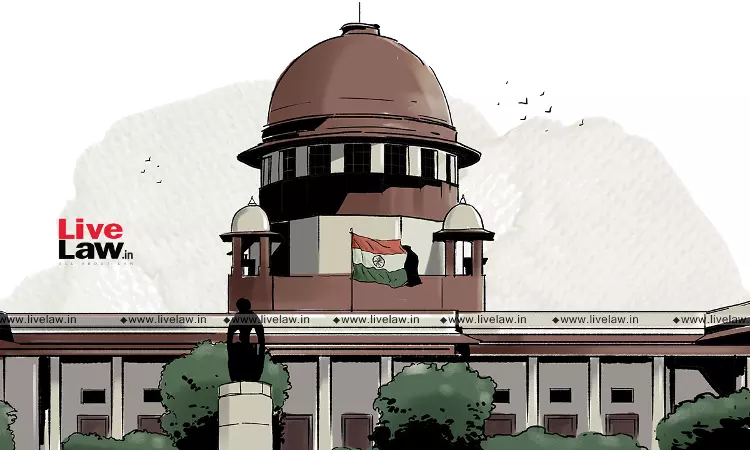Supreme Court Directs All States, UTs To Promptly Convey Rejection Of Remission Plea To Convicts
Amisha Shrivastava
4 Nov 2024 10:38 AM IST

Next Story
4 Nov 2024 10:38 AM IST
The Supreme Court recently directed all states and union territories to inform convicts of any rejection of applications for permanent remission within one week and forward copies of these rejection orders to the respective District Legal Services Authorities to ensure that appropriate steps are taken to provide legal aid to affected convicts.“(iii) All the States shall ensure that orders...
